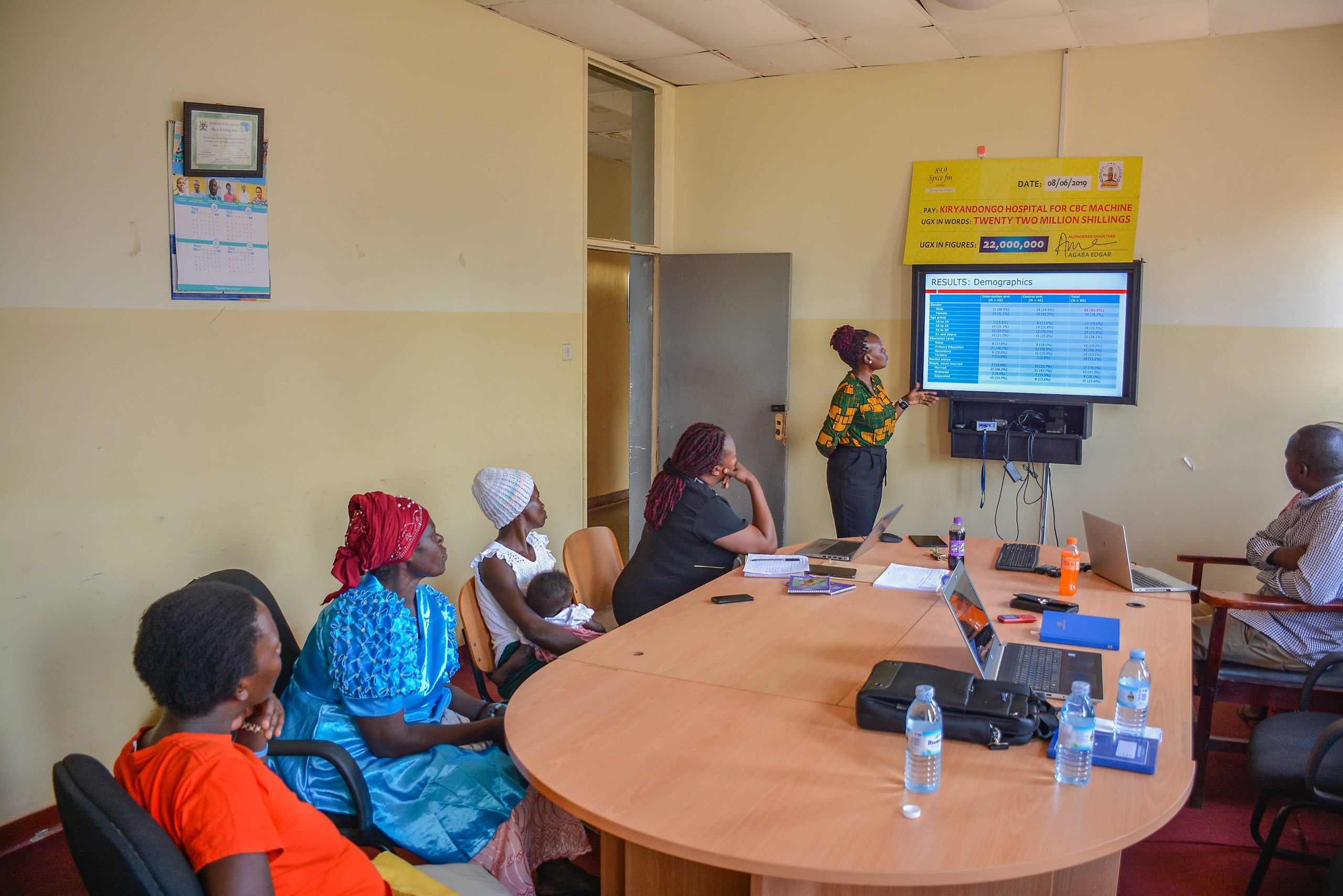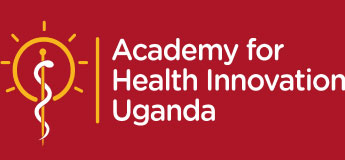
When Esther Kyomugisha, a single mother of four from Ndejje developed pain in her chest and kidneys accompanied by a terrible cough, she initially thought they were stomach ulcers that could be dealt with with herbal medicine.
“I started taking local herbs, thinking that they would help with my condition and I would be fine in no time,” she said. However, the problem persisted for more than a month. By that time, Esther had already lost her job because the illness had taken a toll on her body. She was too weak to work. With her herbal remedies having no effect, it was then that the thirty year old decided to go to the hospital for a proper diagnosis.
The doctors eventually informed her that she had TB. “Being HIV positive meant that I was already in dangerous territory. I was told that if I did not take my medicine on a consistent basis, I would die.”
In March 2023, the Academy successfully disseminated results from the Call for Life TB, a randomized control trial that was carried out between October 2020 and June 2022. The research, titled “Impact of mobile health interactive software on tuberculosis treatment outcomes: The Call For Life (CFLU-TB project) interactive voice response software” was carried out in three sites (Kasangati, Kisenyi, Kiryandongo, Bweyogerere & Kawanda) enrolling 274 people who had been infected with tuberculosis.
From the dissemination, it was revealed that there were better treatment outcomes for patients receiving digital health compared to those on the standard of care. Esther’s story is a huge testament to this. In her own words, being enrolled in the Call For Life tool enabled her to develop the adherence that she needed to survive and get better.
“For four months, I received health tips and pill reminders through phone calls and voice messages. These helped me develop the discipline that I needed to make sure that I took my medicine without fail. The health messages encouraged me to feed properly and stay consistent with my health choices. I fought TB for over six months, and I am happy to say that I am fully cured.”
The study also revealed that digital health interventions can be used to complement physical health education talks to improve knowledge on TB among patients on treatment and their caregivers. This was evident through the results, which showed that before receiving the health service tips through Call For Life, only about 50% of the participants had limited information on TB. But by the end of six months after being enrolled in CFL, that figure had risen to 98%.
Mr. Tumwesige Mutiti Sam, the principal hospital administrator for Kiryandongo General Hospital, commended the Academy for carrying out this research and stated that these findings would be of great value to the hospital.
